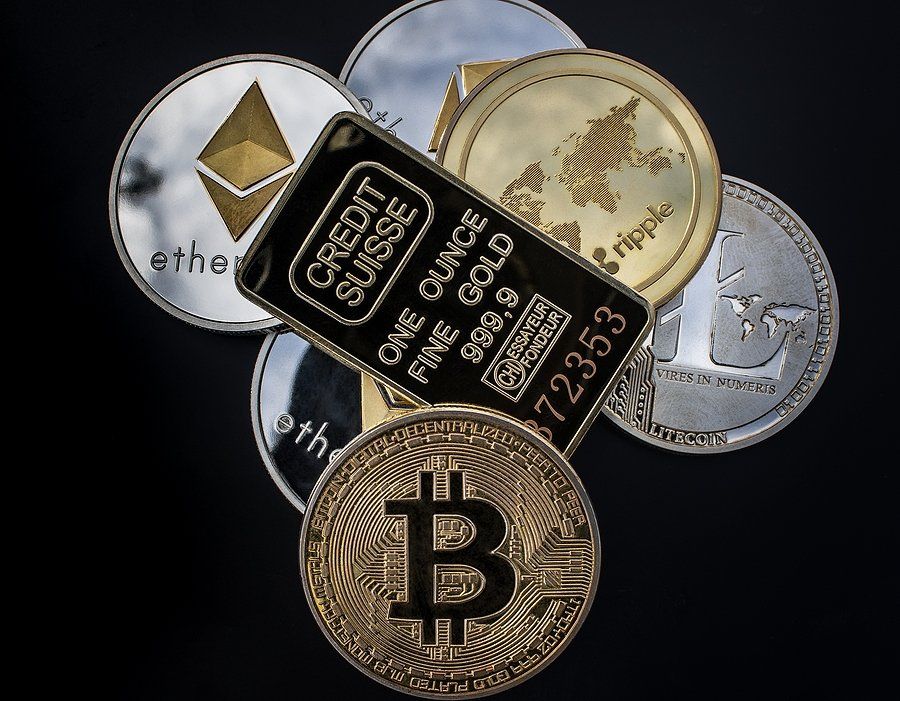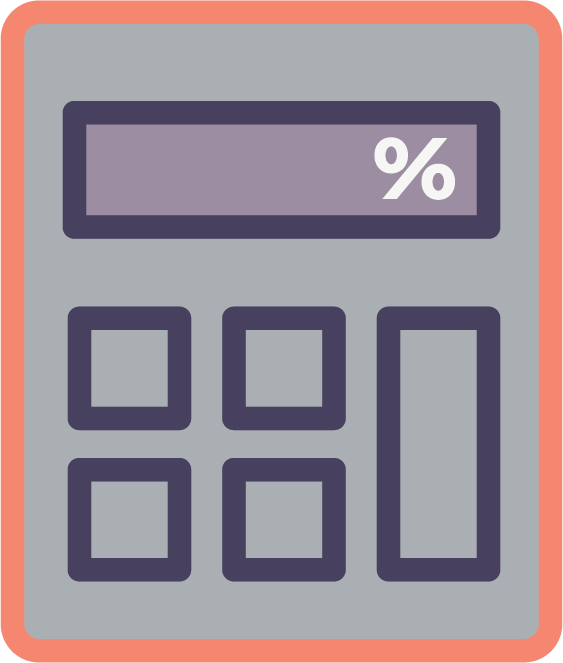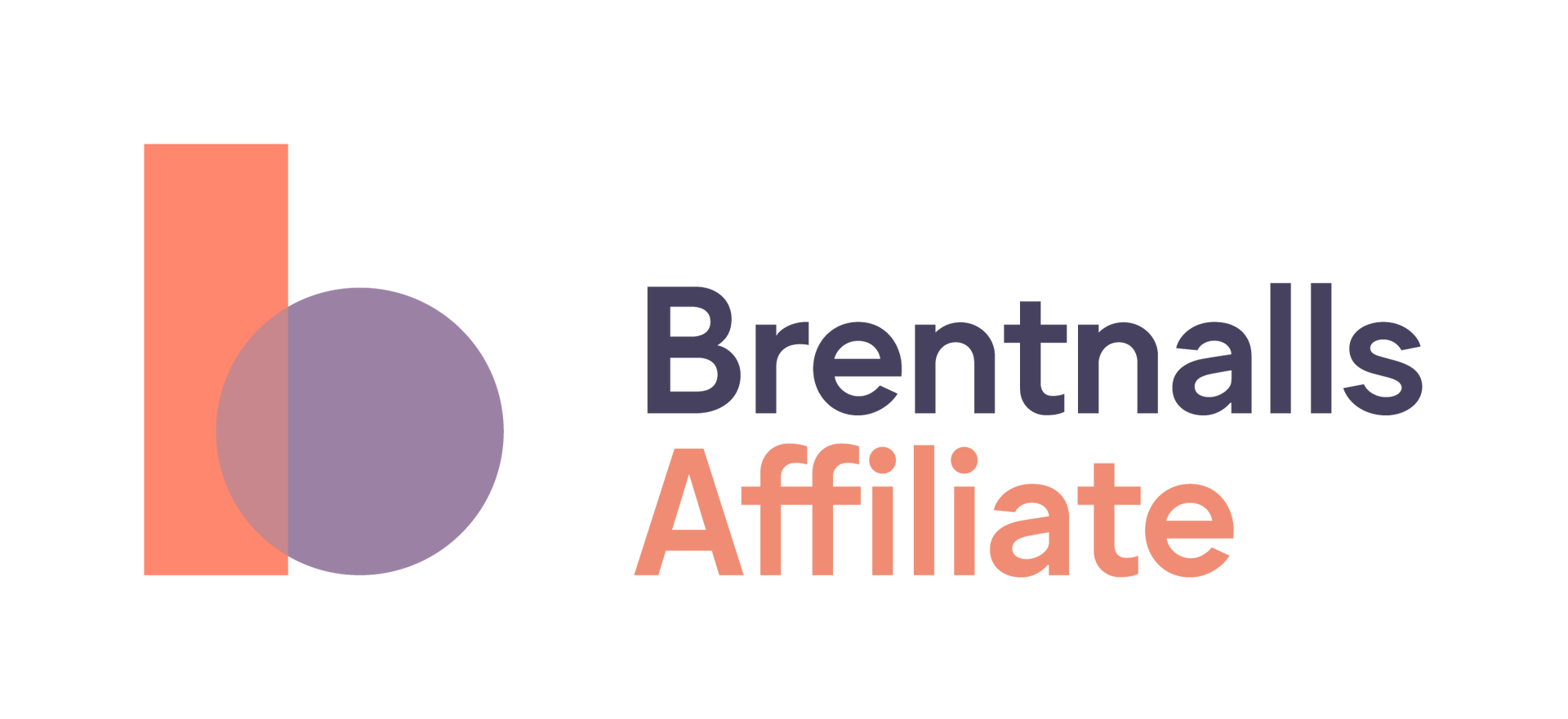News Articles
Is it time to take cryptos seriously as central banks explore digital currencies?
29 October 2022

Central banks have started taking a greater interest in cryptocurrencies such as Bitcoin and digital assets – and with good reason.
The price of Bitcoin, for example, increased from about US$30,000 in mid-2021 to almost US$70,000 toward the end of 20211. The flagship cryptocurrency fell to around US$21,000 in August 2022. Rival cryptocurrencies such as Ethereum have experienced similar volatility.
The latest Roy Morgan research into Australians’ investments shows that 5%, or over 1 million Australians aged 18+, own at least one cryptocurrency2. Leading cryptocurrencies include the illustrious Bitcoin and Ethereum and less familiar names such as Ripple, Cardano, Dogecoin, Shiba Inu, Solana, Binance Coin, Litecoin, Cronos, Polygon and many more.
Interestingly, over two-thirds, or around 742,000 (69%), of Australian cryptocurrency investors are men compared to only 332,000 (31%) who are women, indicating a significant gender difference when it comes to investing in cryptocurrency. Another fascinating statistic is that older Australians aged 50+ have the biggest average cryptocurrency investments. According to Roy Morgan Australians aged 50+ have the largest average cryptocurrency investment at an average value of around $56,200. This average investment size means the value of all cryptocurrency holdings for people aged 50+ is around $7.6 billion – higher than any other age group and over 35% of the total market.

Is cryptocurrency money?
A question often asked is whether cryptocurrency is money. The short answer is no because cryptocurrency is not a widely accepted means of payment used to buy and sell goods and services. Money generally comes in the form of a nation’s currency and is accepted as a means of payment. While cryptocurrencies are occasionally used to make transactions, they are not widely accepted.
Unlike money, cryptocurrency isn’t much good as a store of value because of the massive price fluctuations. These value instabilities mean that the purchasing power of cryptos such as Bitcoin oscillate over time, reducing the effectiveness of cryptos as a store of value.
While some businesses may accept cryptocurrencies as payment, they are not commonly used to measure and compare prices. Moreover, unlike cash, cryptocurrencies are not a common way of measuring the value of goods and services. In Australia, the Aussie dollar measures the costs of goods and services.
A question often asked is whether cryptocurrency is money.
What are cryptocurrencies?
Cryptocurrencies are digital tokens and are a type of digital currency that allows people to make payments directly to each other through an online system. Cryptocurrencies have no legislated or intrinsic value and are simply worth what people are willing to pay for them in the market.
This contrasts with national currencies such as the Australian Dollar, which are legal tender. That the Aussie Dollar or US Dollar is legal tender gives it an intrinsic value.
How do cryptocurrencies work?
Cryptocurrency transactions occur through electronic messages that are sent to the entire network with instructions about the transaction. The instructions include information such as the electronic addresses of the parties involved, the quantity of currency to be traded, and a time stamp.
Cryptos don’t exist as physical coins or notes, but as digital tokens stored in a digital wallet. These digital tokens rely on cryptography and technology such as blockchain for security and other features.
A digital wallet is typically an app on a mobile device that can be used to store information that can be easily accessed by the user. Not only can you keep Bitcoins in a digital wallet, but like an old-school leather wallet you can also store credit cards, access cards, movie tickets and much more.
Because of the extraordinary interest in cryptocurrencies, central banks worldwide are looking closely at developing their own digital currencies. In Australia, for example, the Reserve Bank of Australia (RBA) is actively researching central bank digital currency (CBDC) as a complement to existing forms of money. A CBDC is a type of cryptocurrency that could be issued and governed by a country’s central bank.
That’s the theory, but the reality is that the central banks are jumping on the cryptocurrency bandwagon because more people and businesses are transacting online. The existing banking system is complex and expensive. On the other hand, crypto technology is making it easier and cheaper to transact between consumers and businesses globally.

How are cryptocurrencies different from each other?
At its core, a cryptocurrency is a piece of computer code. It’s like a little set of instructions or conditions contained within every coin.
Different cryptocurrencies can have other things programmed into them. Some cryptos are designed for quick payments. Some are programmed to keep their owner anonymous, and some are designed to split in two should a certain amount of them start circulating.
There are over 10,000 cryptocurrencies in circulation, with different uses and functions. The value of these cryptocurrencies changes how much the market values the functionality they’re programmed to do. Interesting, Bitcoin doesn’t have any special features and was created as an alternative payment system that would operate free of central control but otherwise be used just like traditional currencies.
Generally, the way to access cryptos, whether it’s Bitcoin or any other competitors, is to swap them for Australian Dollars and then trade those for a new coin.
The shortcomings with cryptocurrencies
Bitcoin and other cryptocurrencies are not without risk, as we’ve seen with the significant value drop this year. Buying a cryptocurrency is a purely speculative investment based on a rise in virtual currency. There are no ongoing returns as you would have with dividends from shares or rent from an investment property.
Also, crypto investors currently have little to no protection in the market, as there is no regulatory framework in place to ensure protection of assets, and this can create risks. This is important because, in 2019, the NSW Cybercrime Squad warned that digital currencies are a money laundering option for organised crime networks3. This issue underscores the importance of choosing a crypto exchange with care.
There can be challenges from a tax perspective too. A few years back, the Australian Tax Office reconfirmed that Bitcoin and other cryptocurrencies are not money but are assets subject to capital gains tax4. This ruling can lead to complex tax reporting if you buy and sell cryptocurrencies.
The message to investors is to tread carefully when it comes to cryptocurrencies. If you have queries about the tax consequences of buying cryptocurrencies, speak to one of our professionals from Brentnalls SA.
Discuss Further?
If you would like to discuss, please get in touch.
Disclaimer
The information provided in this article does not constitute advice. The information is of a general nature only and does not take into account your individual situation. It should not be used, relied upon, or treated as a substitute for specific professional advice. We recommend that you contact Brentnalls SA before making any decision to discuss your particular requirements or circumstances.







